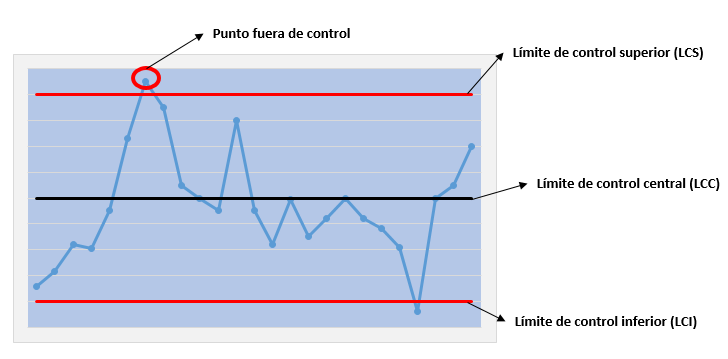DEFYING VERTIGO
Standing 1.453 ft. (443 m) high and with 02 floors,
this building was, for more than 40 years between 1931 and 1972. The tallest in
the world.
The island of Manhattan as the birthplace of New York.
Dutch settlers arrived here at the beginning of the 17th
century. This extraordinary location, and the magnificent conditions of its
natural port, encouraged the
population to grow progressively,
from 80,000 inhabitants in 1800 to 3.5 million a century later. This
accelerated demographic growth promoted the expansion of the city toward the areas outside the Hudson estuary and a meteoric increase in the price of land in
Manhattan. This led the municipal authorities lo lift regulations which, for
safety reasons, limited the height of structures, in order to take maximum advantage of the surface area available
for the buildings designed at the beginning of the 19th century.
Born in Chicago, the revolution which signified the
application of new materials such as steel, reinforced concrete, and glass in
immense built structures, as well as
the invention of the elevator by U.S. engineer Elisha Otis, allowed 19th
century architects to design increasingly taller buildings.
From the end of the
19th century and especially during the 1930s of the following
century, there was a mad rush in New
York to develop the tallest building. The world building, which no longer
exists, was built in 1890 and hat 20 floors. This was superseded in 1899 by the
now rather modest Park Row Building, built with 3 floors. The Metropolitan Life
Tower, which was completed in 1909, reached
a respectable 50 floors and height of 69 ft. (213 m) but was superseded just
four years later by the Woolworth building, a spectacular 791 ft. (241 m) tower
built in a neo Gothic style.

An art deco giant
Curiously, the Crash of 1929, the period of decline
known as the Great Depression which extended to the end of World War II, did
not just have no affect on this race to race to reach the New York sky, but
accelerated in, in 1930. The marvelous Chrysler building, culminating in a
resplendent stainless steel spire inspired by the hubcaps of the Chrysler buildings, was built, However, the reign of the Chrysler building, a
paragon of art deco style, lasted just 11 months, On May 1, 1931, on the corner
of Fifth Avenue and West 34th Street, another art deco giant was
unveiled. The Empire State Building.
This new king of New York, and indeed the planet, measures 1.453 ft. (443m) 1.250 ft. (381 m) to
the roof- and has 102 floors reached by 73 elevators. Named after nickname of
New York State, the Empire State building was, for more than 10 years, between
1931 and 1972, the tallest in the world, and for more than decade between 2001
and 2012 it reclaimed first place among the New York skyscrapers after the
terrible destruction of the two World Trade Center towers in the terrorist
attacks of September 11. Located on a midtown
Manhattan site, which was previously the site of the Waldorf Astoria Hotel, and
covering a wide base which gets narrower as it gets taller, the Empire
State Building was designed by the U.S. architect William Frederick Lamb
(1883-1952) designer of the other unique New York buildings such as the headquarters of The Standard Oil
Company, the Bankers Trust, Forbes Magazine
and the famous building at 521 Fifth
Avenue. For the Design of the new office
skyscrapers. Lamb took recently
finished buildings, as inspiration: Carew Tower of Cincinnati and the Reynolds building
of Winston Salem.
This style was very popular among the elite bourgeoisie of the west between
the World Wars and was inspired by the rationalism of the German Bauhaus school
and the first Avant garde movements,
especially Cubism, Futurism, and Constructivism, it is characterized by the use
of blunt lines and solid symmetrical
and geometric forms, using new materials such as steel, aluminum, and lacquers.
The Empire State´s wonderful lobby, covering three floors, is where the art
deco décor is most evident, although the influences of this style cover common elements on all floors,
including the finish of the building which was worthy of the movie Metropolis, an icon of expressionism and
futurism which was released three years before work commenced.
By; Ernesto Alonso
World's Greatest Wonders


No hay comentarios:
Publicar un comentario